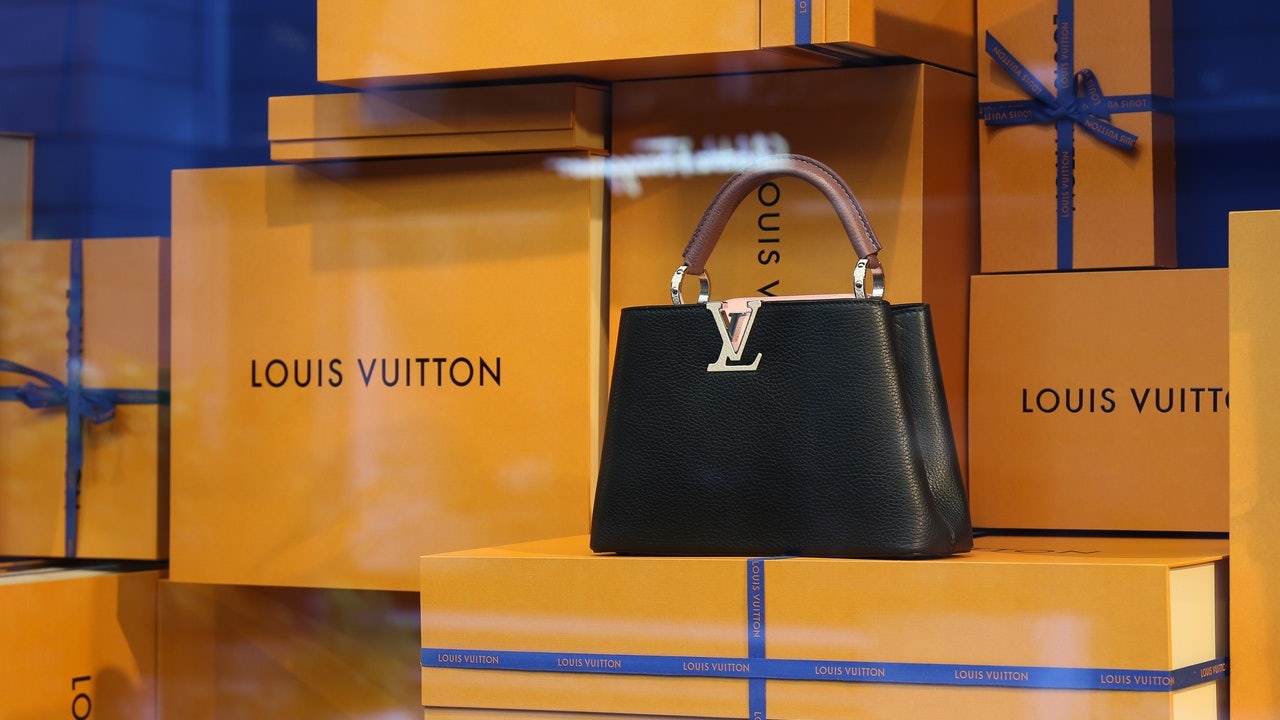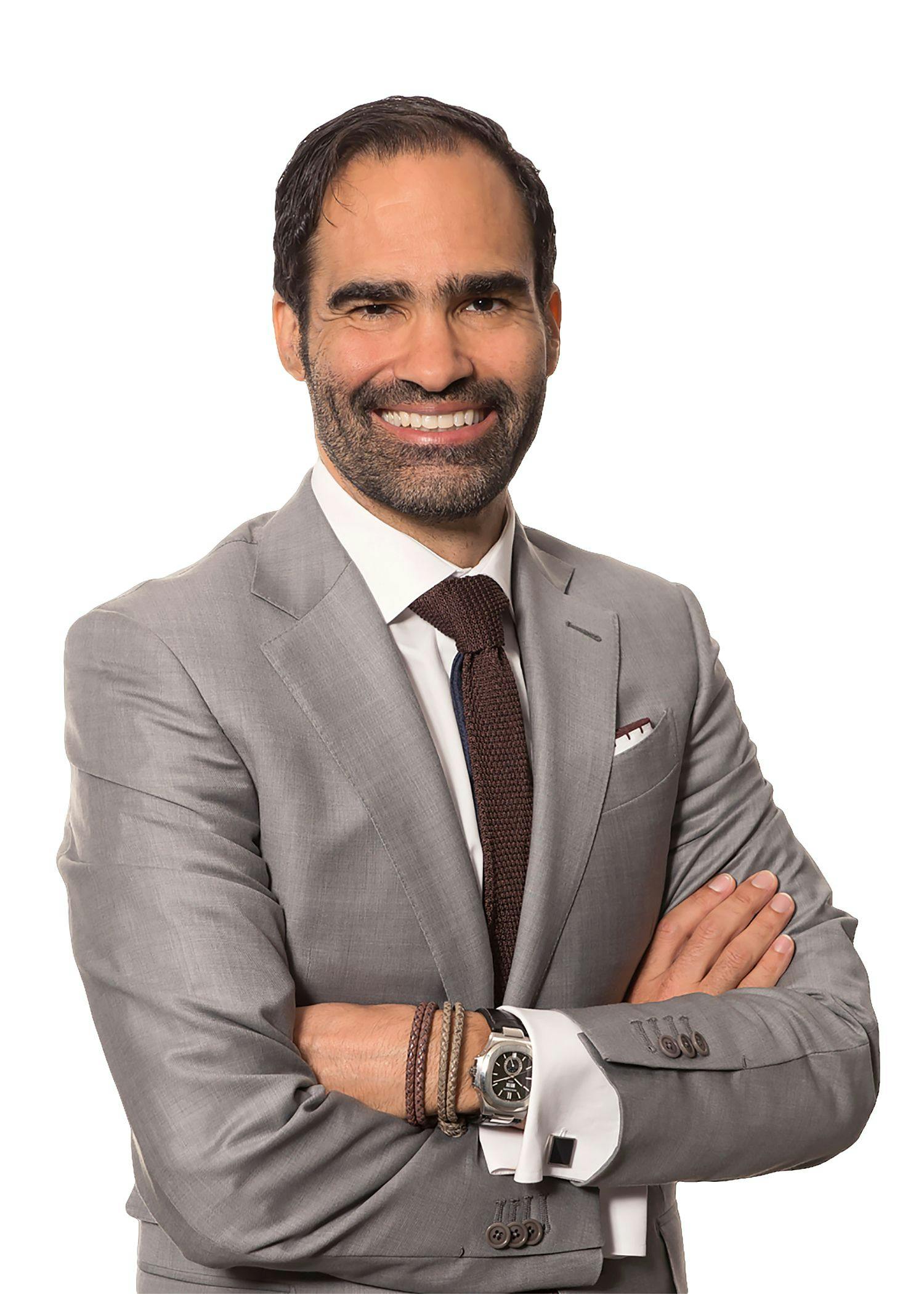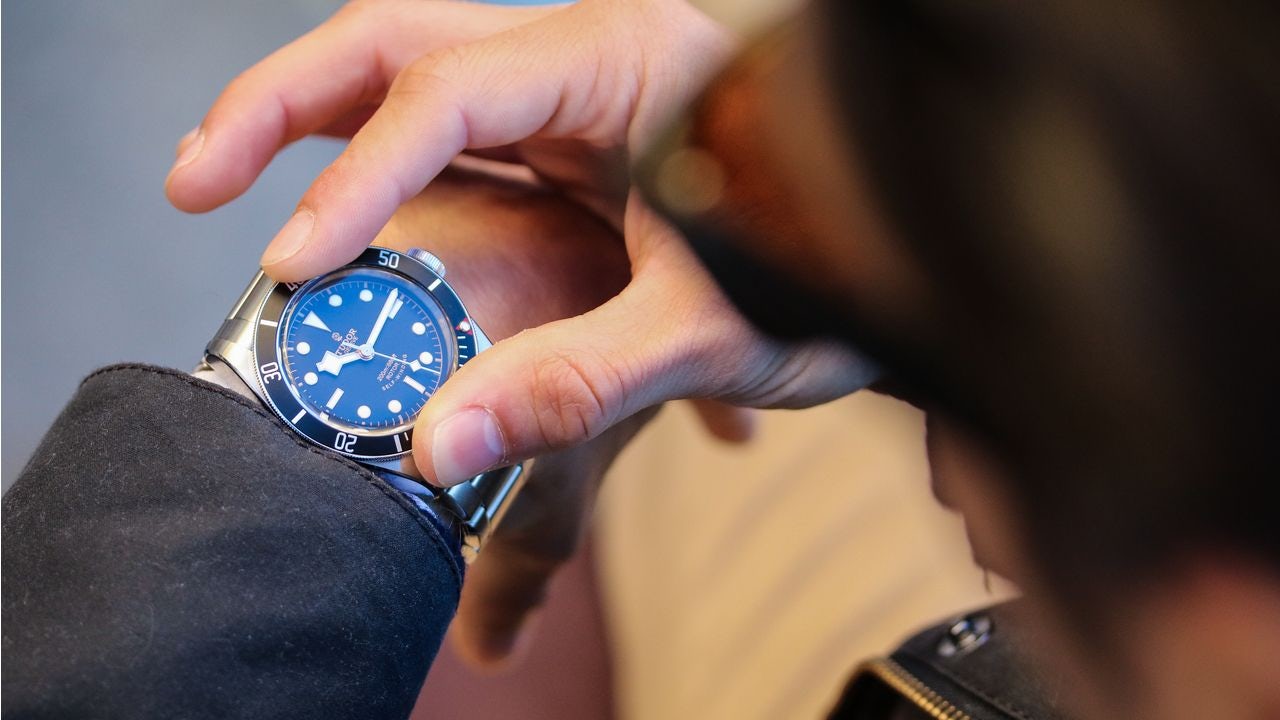Key Takeaways:#
Brands focus all their effort on the creation of desirability through the object. They forget that the perception of luxury must be created and influenced via the entire customer experience.
When the human experience creates a negative outcome, customers may make a one-time purchase, but they will eventually break up with the brand.
With critical in-person human interactions, many brands not only leave potential behind but, more concerningly, weaken their brand equity and make willing customers reconsider their decisions.
Recently, I was in the Paris flagship store of one of the world’s most admired luxury brands — a top ten luxury brand known for its iconic fashion items and accessories. Upon entering the store, you felt a massive amount of security personnel present. After passing them, I was immediately asked what I was looking for by a sales associate. When I told the store staff I was just looking around, they allowed me to browse. However, there was always someone following and observing me. The experience felt intimidating, at best, not luxurious.
Then, I looked for some sneakers, and, mysteriously, the store staff disappeared. Everyone seemed busy with other clients, and there was no interest in servicing me. When I was finally helped, there was no brand storytelling, no true attention paid, and not even the slightest attempt at making the experience feel special. After my purchase, which took them forever to process, there was no attempt to register my name or email me with any follow-up communication.
Now, rewind a couple of months earlier. I visited the US car dealership of a luxury sports car brand. The behavior of the staff can be described with only one word: arrogant. I was told that the brand is so successful that it’s hard to get a car and that people even pay significantly higher than the sticker price for these cars. The message? Be happy with the inventory we have because someone else will buy it if you don't. The entire purchase process was a drag — zero experience creation and zero customer care.
Then, on a recent flight from the US to Europe in first class, I had to wait double the usual time for check-in and was told it was due to COVID-19. Everything took much longer and was far less convenient. On the plane, the food and wine options were drastically reduced, there was no pre-flight service anymore, and the airline's first-class service was what would have felt like premium economy service before the pandemic. And during the flight, I was told at least three times by the flight attendants that they were very sorry about the poor service, but all the adjustments were because of the pandemic.
These are three examples from three different categories. Yet, one question becomes evident: What is a luxury, really? In all three cases, the brands were extremely confident about charging enormous premiums for their products. But when it came to service, the experience was so bad that I regretted even entering their establishments. And while it is always easy to make excuses, when a customer leaves and feels like they aren't valued, there was simply no luxury experienced.
In a recent strategy discussion with a luxury brand, its manager asked me if they should consider staying in luxury or expanding towards a lower price point cluster. Immediately, my thoughts turned toward these experiences — and I thought he asked the wrong question. It is not about being in luxury or not. It is about what kind of experience a brand wants to provide its customers. When it comes to luxury, many brands in the industry still think primarily about the product and price. In other words, they focus all their effort on the creation of desirability through the object. They forget that the perception of luxury must be created and influenced via the entire customer experience.
When the human experience creates a negative outcome, customers may make a one-time purchase, but they will eventually break up with the brand. Therefore, luxury must be managed far beyond product and price. The customer must be the center of all activities. While many brands will claim they do this, I find during many brand audits — across all categories — that customer experience is a weak spot.
Luxury requires a holistic customer experience. It must be orchestrated, much like in an opera. There must be a strategy that is carefully crafted, building a complete experience around the customer. That must happen whether they access the brand in a regular hometown store, in a store while traveling, or on the internet. But unfortunately, most brands are not organized to optimize processes around the customers. Instead, they are organized around product groups, regions, and countries. Yet those divisions almost always trigger experience breakdowns.
I have found it is the exception rather than the rule when store personnel can excite customers around the brand story. In many cases, they don’t even know any brand details, especially when it sells in multi-brand environments or via third-party dealerships, so typical in the car industry. Therefore, with critical in-person human interactions, many brands not only leave potential behind but, more concerningly, weaken their brand equity and make willing customers reconsider their decisions.
Luxury is the ability to create a once-in-a-lifetime experience. It is the realization of a dream that combines product, savoir-faire, service, storytelling, and experience. When brands focus too much on their product and underperform on the other aspects, the experience breaks down. And once brands lose customers, especially in luxury, they probably won't ever come back.
Daniel Langer is CEO of the luxury, lifestyle and consumer brand strategy firm Équité, and the professor of luxury strategy and extreme value creation at Pepperdine University in Malibu, California. He consults some of the leading luxury brands in the world, is the author of several luxury management books, a global keynote speaker, and holds luxury masterclasses in Europe, the USA, and Asia. Follow @drlanger


